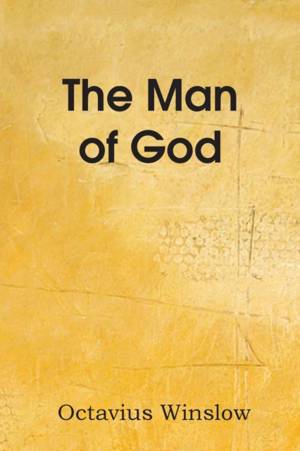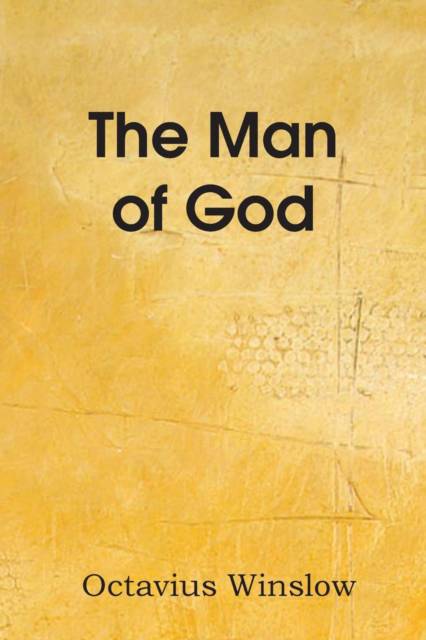
- Afhalen na 1 uur in een winkel met voorraad
- Gratis thuislevering in België vanaf € 30
- Ruim aanbod met 7 miljoen producten
- Afhalen na 1 uur in een winkel met voorraad
- Gratis thuislevering in België vanaf € 30
- Ruim aanbod met 7 miljoen producten
Zoeken
Omschrijving
It is a generally admitted truth, that in proportion to the length of any element, is its danger of losing in depth what it gains in space. This axiom in physics may equally apply to religion. In proportion to the prevalence of a profession of Christianity may be, in the same ratio, its shallowness and superficiality. While, therefore, we hail with gladness and hope every new impulse given to the cause of evangelization, and the corresponding interest awakened in the popular mind, we yet rejoice with trembling. What will be the actual gain to vital religion from all this? When the attraction of novelty ceases, and the excitement of impassioned appeals evaporates, how much of the residuum that remains vital, spiritual, and permanent? This is a question of grave and solemn import. Octavius Winslow stood out as one of the foremost evangelical preachers of the 19th Century. A Baptist minister and contemporary of Charles Spurgeon he seceded to the Anglican church in his last decade. His Christ centered works show devotion and practicality.
Specificaties
Betrokkenen
- Auteur(s):
- Uitgeverij:
Inhoud
- Aantal bladzijden:
- 124
- Taal:
- Engels
Eigenschappen
- Productcode (EAN):
- 9781483704234
- Verschijningsdatum:
- 1/03/2014
- Uitvoering:
- Paperback
- Formaat:
- Trade paperback (VS)
- Afmetingen:
- 152 mm x 229 mm
- Gewicht:
- 176 g

Alleen bij Standaard Boekhandel
+ 37 punten op je klantenkaart van Standaard Boekhandel
Beoordelingen
We publiceren alleen reviews die voldoen aan de voorwaarden voor reviews. Bekijk onze voorwaarden voor reviews.








